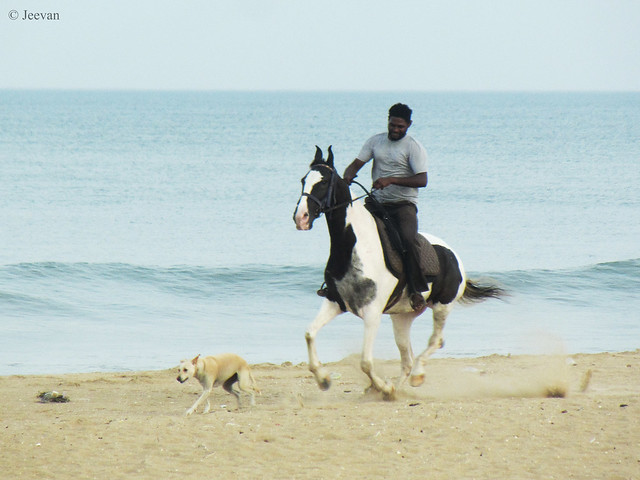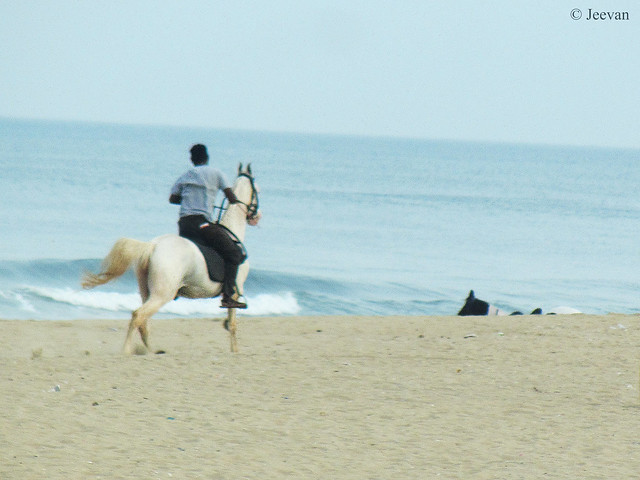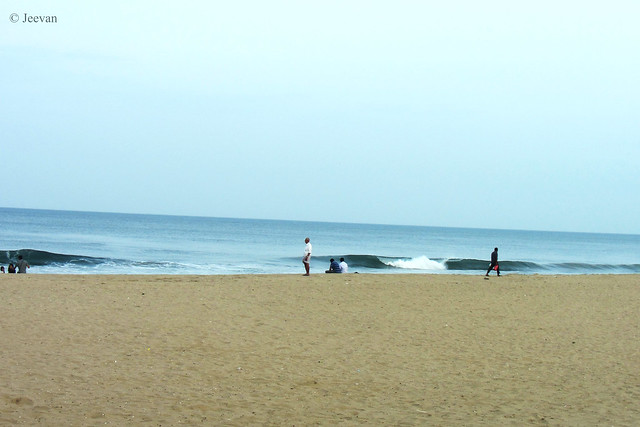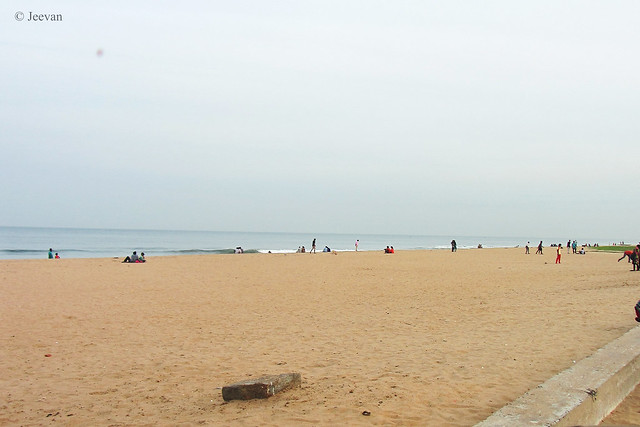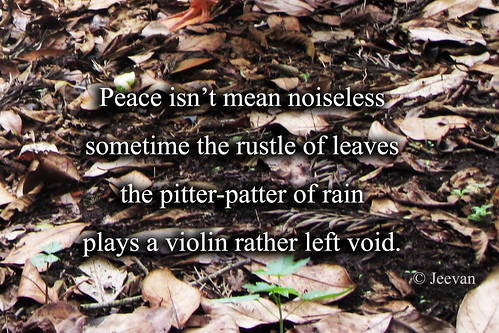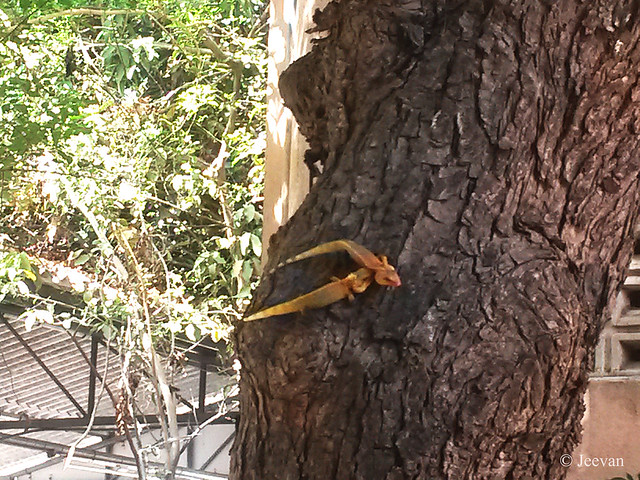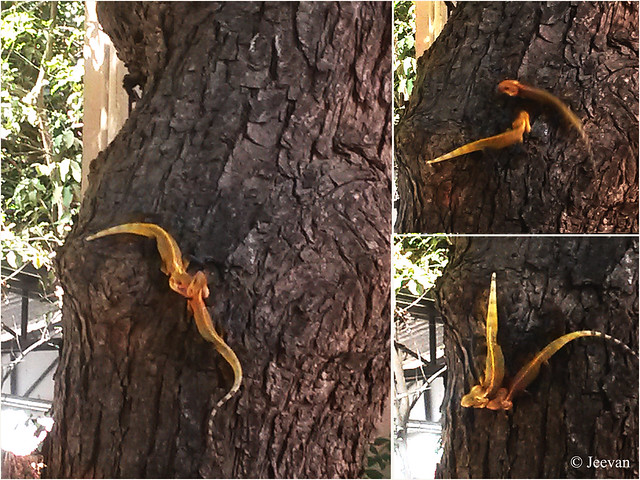Following
our night stay at Sathyamangalam, we headed to Athikadavu on the way to Pilloor
dam and then to Ooty. Athikadavu is a familiar name in Tamil Nadu which stands
for the long pending Athikadvu-Avinashi project, which is a dream of the dry
regions of Coimbatore. Before going future let see how to reach the place.
Athikaduavu is 29km from Karamadai, which lies between Coimbatore and
Mettupalayam, but as we coming from Sathyamangalam we directly reached
Karamadai without going to either places.
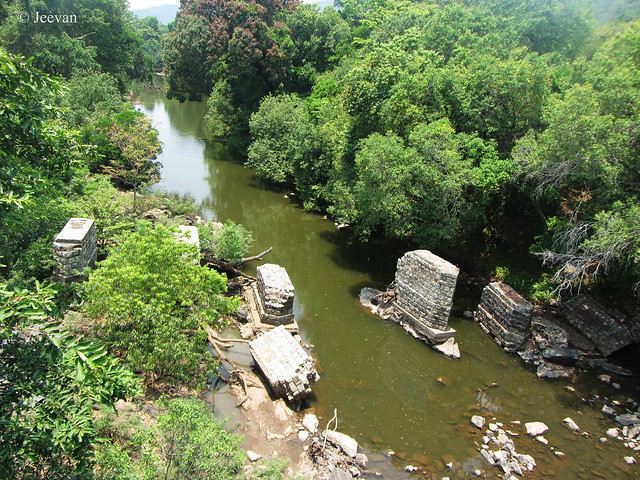 |
| A old broken bridge is seen across the bhavani river at Athikadavu |
Athikadavu
is a place where the Bhavani River re-enters Tamil Nadu after flowing into the
neighbourhood state Kerala. The Bhavani River is sourced at Upper Bhavani in
the western catchment of Nilgiris in Tamil Nadu. The water flows through
Athikadavu is stored at two reservoirs (Pilloor and Bhavani Sagar Dams) on its
way before merge with Cauvery at Bhavani Kuduthurai. The Athikadavu-Avinashi
project is dated back to Kamaraj regime, while he was chief minister of Tamil
Nadu during 1954-1963; it was initiated at 108 crore. But the project ever took
place.
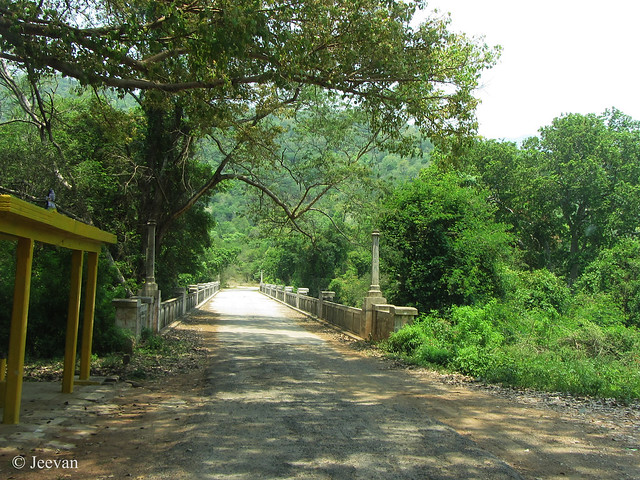 |
| Athikadavu Bridge across the Bhavani River |
The
Athikadavu-Avinashi project is always in talk of politicians propaganda and the
activists continue to fight in
supporting the project which is estimated to be more than 1100+ crore, now. It
was during the Kamaraj regime where most of the dams in Tamil Nadu were built. And
many of them were engineering marvel. The intention of this project is to bring
the surplus water from the Pilloor Dam, to the high and dry area of Coimbatore,
Tirupur and Erode districts through artificial channels and existing streams to
fill up the ponds and lakes to recharge the groundwater table.
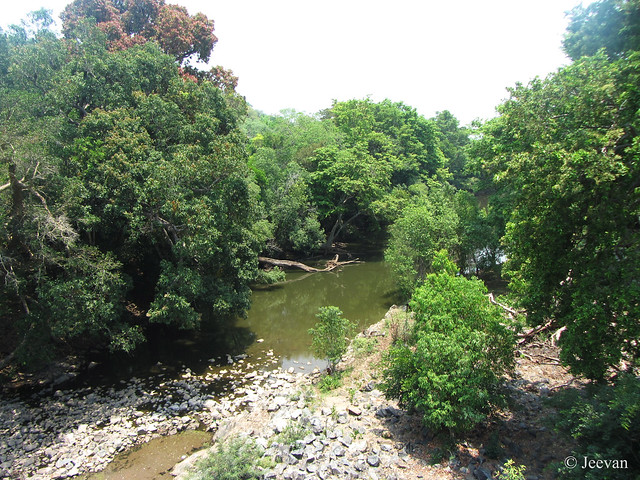 |
| The right side view from the bridge on the river and thick foliage leading to pilloor dam |
Like
I said above, the Bhavani River which originates in the Nilgiris of Western
Ghats receives extensive rainfalls during the monsoon seasons and Pilloor Dam
was the first to open its shutters due to heavy downpours, which floods the
regions around the river seriously. Athikadavu being a backwater region of the
dam and geologically located upward comparing its surroundings, achieving the
water could be done just by means of concrete traps. This project is believed
to bring a revolutionary change in the fields of agriculture, human livelihood
and industries of the western part of Tamil Nadu.
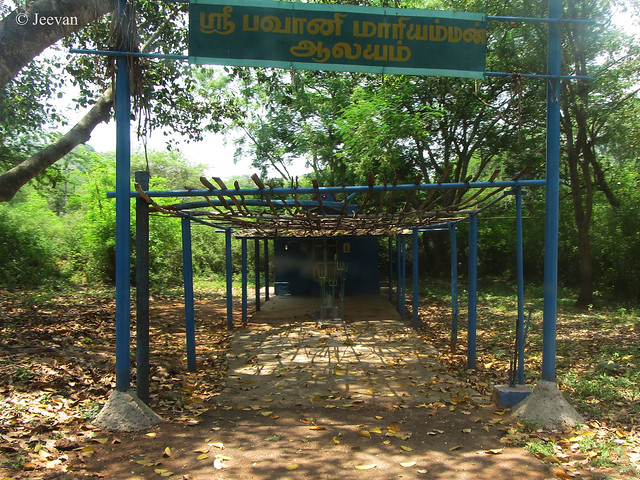 |
| A small Bhvani Amman (goddess) temple at Athikadavu |
Actually
my intention was the check the Pilloor Dam but only after reaching the first forest
check post, at the foothill where informed that public is restricted
(temporarily) to enter the dam and forest adjoining the river. The road via
Athikadavu leads to Ooty, but it was an unusual route that I want to explore
for some time and I ever thought it could happen very soon. As I was unsure
about the road condition, we had initially planned to go to Mettupalayam and
take the Ooty main road after visiting the Pilloor dam but the guards at the check
post promised the road was good after certain distance.
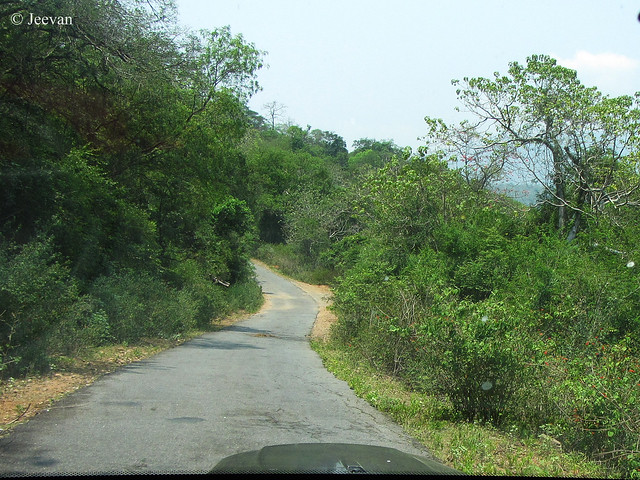 |
| A narrow mulli forest road, the elephants could hideaway anywhere |
There
are three forest check posts on this route and the Mulli check post come
bordering with Kerala state, from where one road leads to Pilloor Dam and
another to Kerala. We stopped at the Athikadavu Bridge before passing the
second check post to capture some photos on the river and forest aside. The
road is quite a single lane till Manjoor and passes through thick forest, where
elephants frequent. But the road wasn’t good for about 20 kms and seems to be not
relayed for decades.

